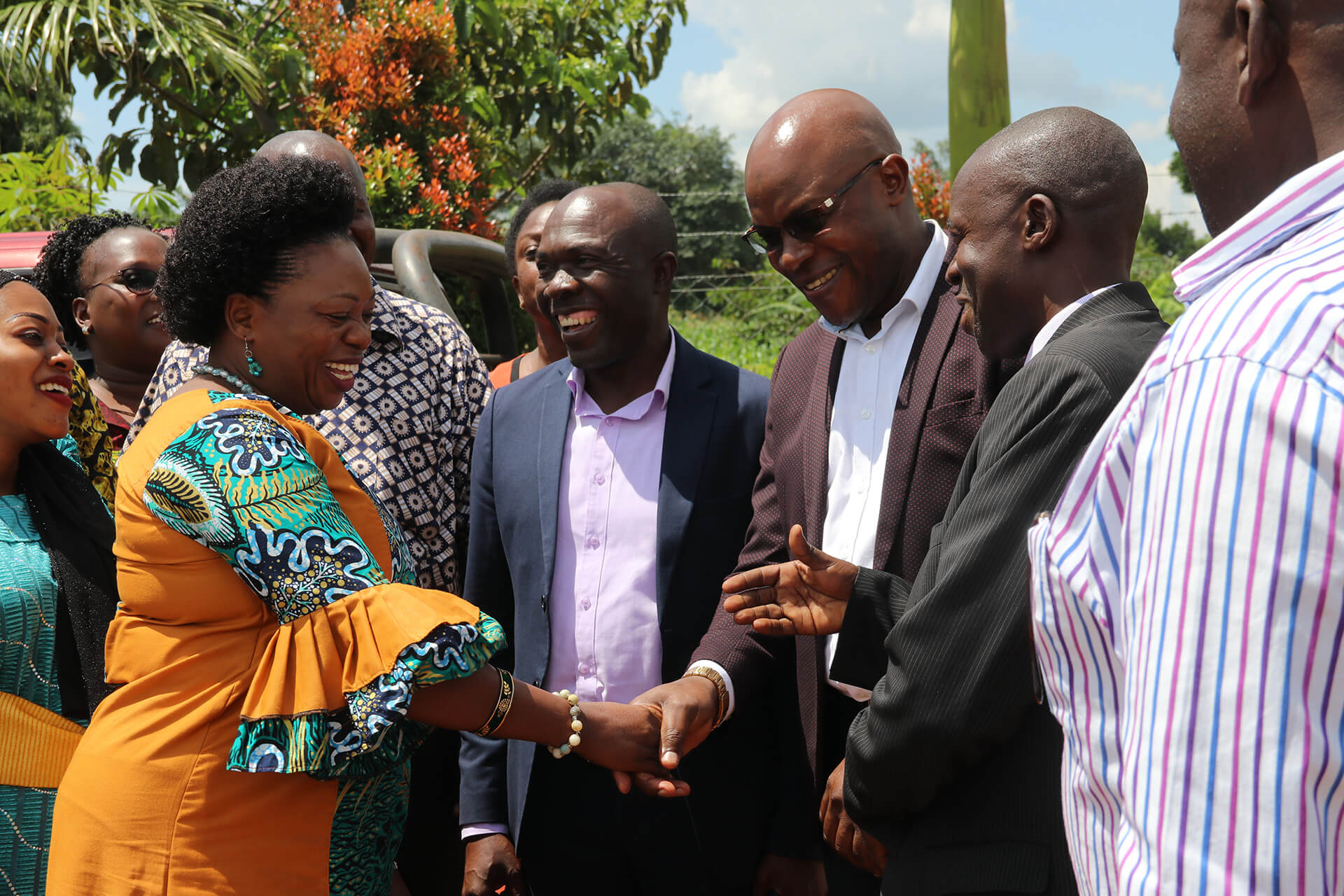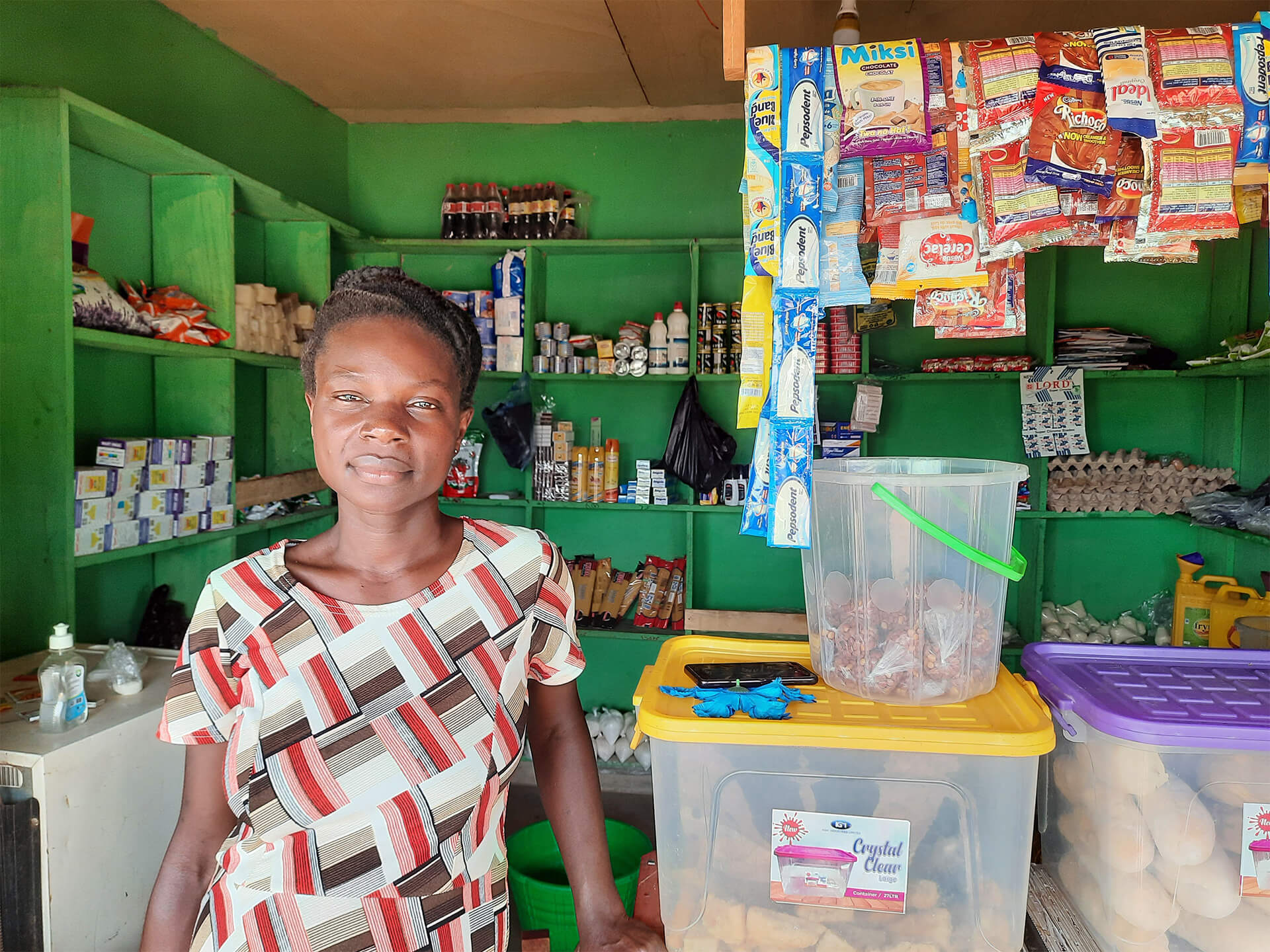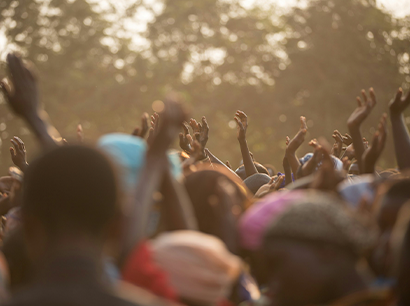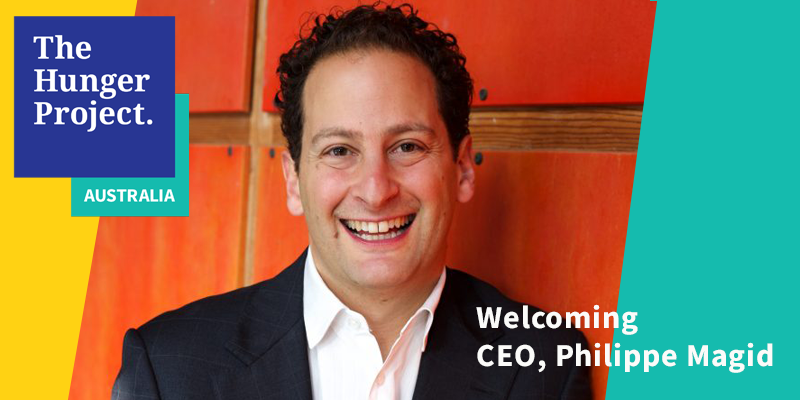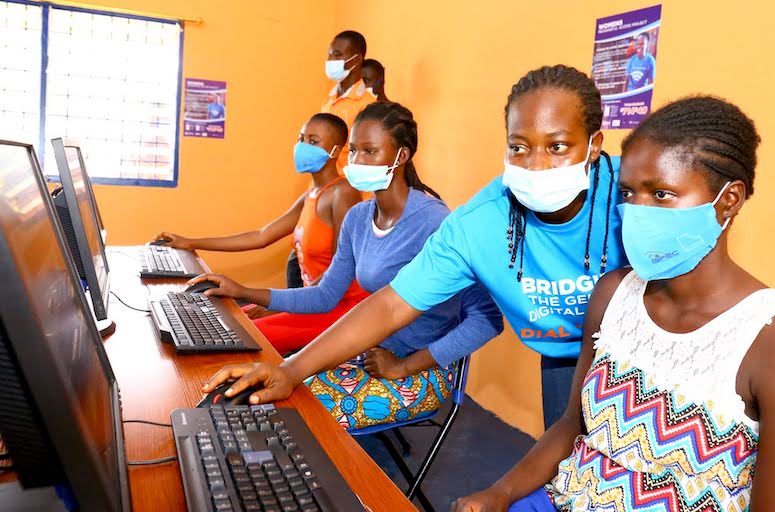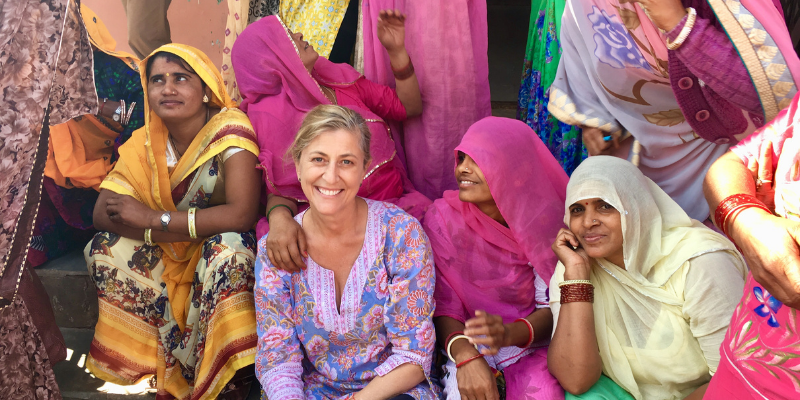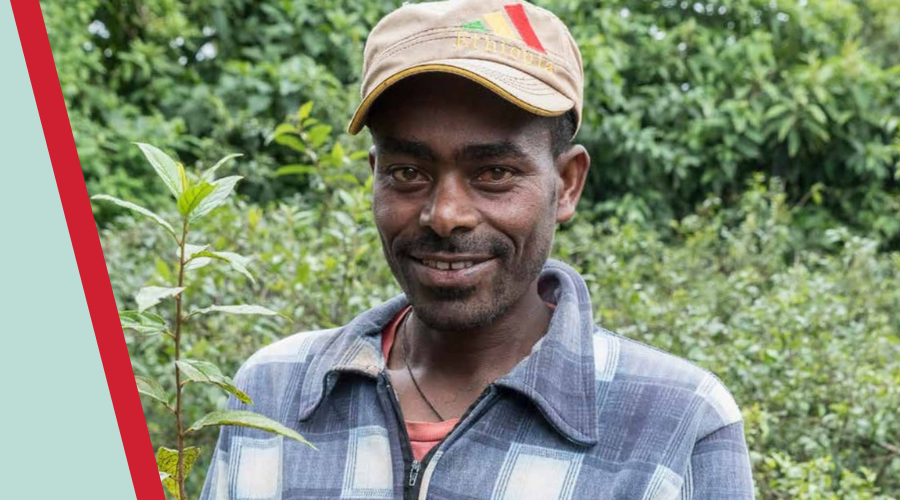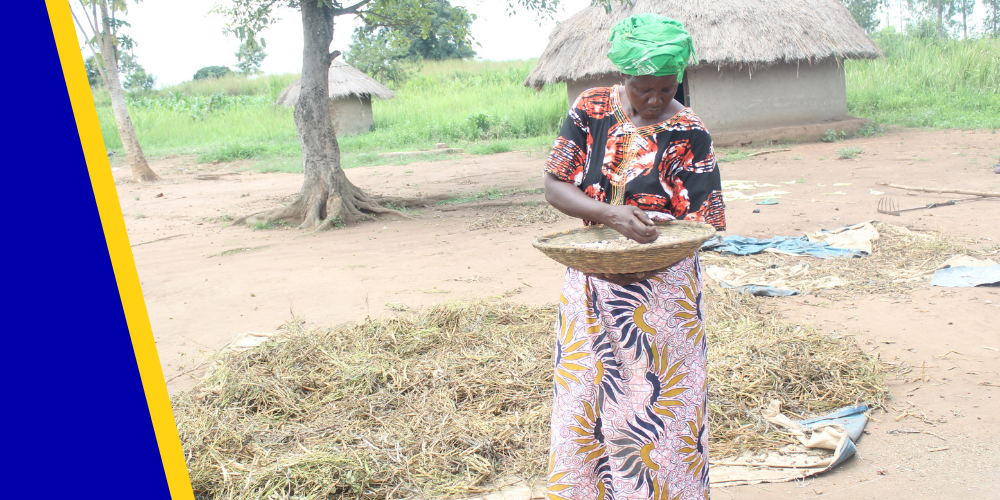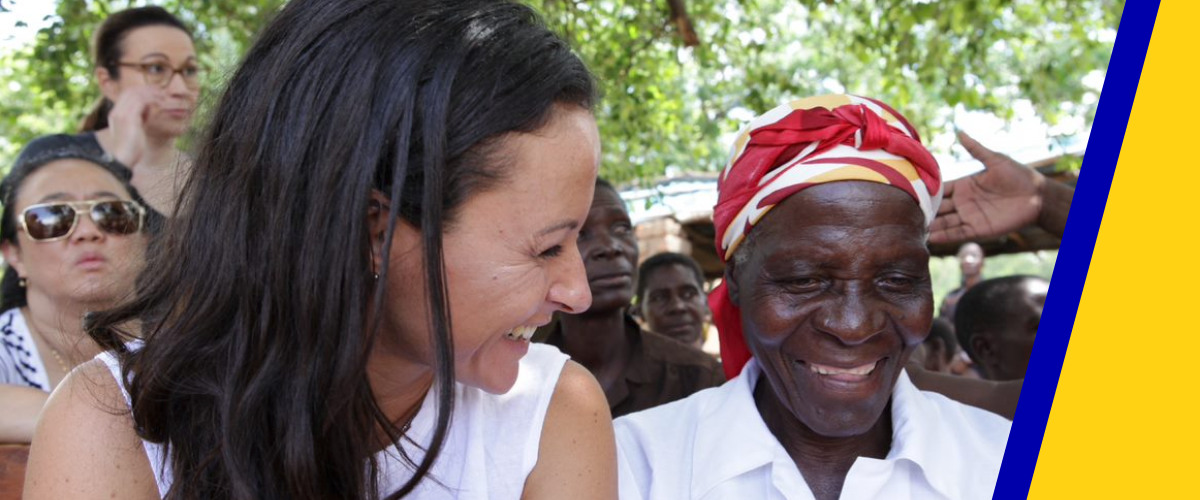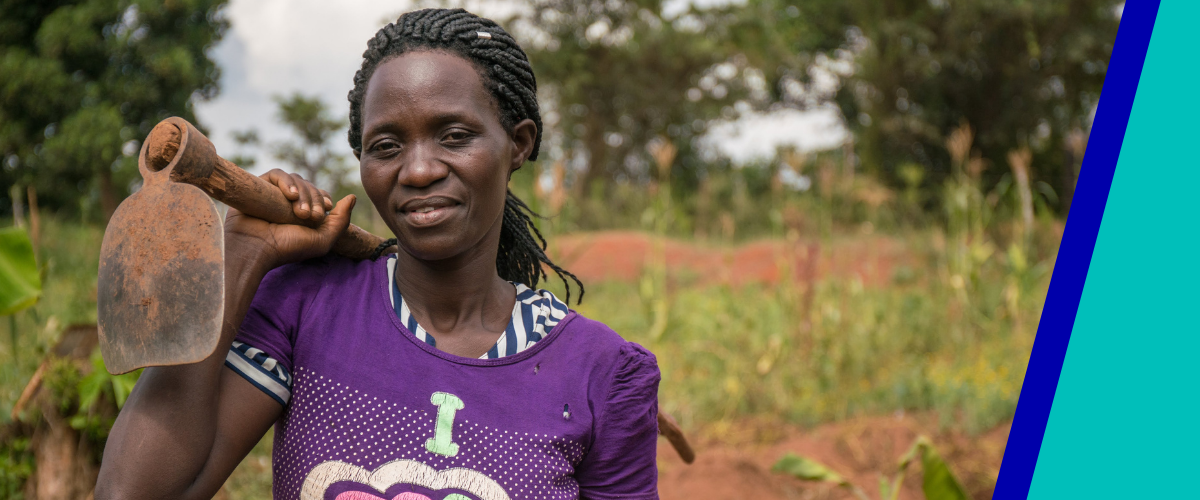Here at The Hunger Project Australia, we’re grateful to all of our partners that have committed to supporting our work and ending hunger.
We absolutely love the brands we work with and their products – and we know you will too! So if you’re looking for a last-minute gift for any of your loved ones – check out the THPA curated gift guide for the perfect gift that also gives back!

The most delicious, high-quality chocolate in town comes in a range of unique, fun flavours. Hey Tiger Chocolate is the perfect gift idea – not only is each bar wrapped with beautiful packaging, but the sale of each bar supports The Hunger Project’s work in Ghana.

Bared Footwear has crafted some seriously soft and sustainable bamboo THP Invisible Socks. $10 from every pack sold is invested in The Hunger Project. And if you don’t already own some, the Bared THP Hornbill Sneakers are the perfect gift for yourself or a loved one with $50 from every pair supporting our work in Malawi.

Kinnon’s luxury leather card holders are a great gift for both men and women, with 50% of the proceeds invested in The Hunger Project’s work.

Wash Wild has generously donated 50c from every bottle of Hand Sanitiser, Hand Wash, and Body Wash to The Hunger Project. They’re a beautiful blend of Australian native oils that not only smells and feels amazing, but is highly effective in killing germs and bacteria.

Check out Decjuba’s online store or head into one of their retail stores for last-minute gift ideas. From fashion, activewear, and shoes to accessories there are so many beautiful gift ideas.

You might have tasted the Madame Flavour Deeply Relaxing Camomile Tea if you purchased our Mother’s Day Hamper earlier in the year. Madame Flavour has a beautiful range of high-quality tea – so if you haven’t tried them, head to their online store or grab a box at your local Woolworths or Coles.

Random Harvest generously donated their renowned Caramelised Balsamic Vinegar for our Christmas Pop-Up and now we’re obsessed! If you haven’t tried it already or tasted their full range of delicious gourmet dressing and condiments, head over to their online store today!

What better gift this holiday season than some delicious cookies and biscuits? Goods from Charlie’s Fine Food Co were a hit at our Christmas Pop-Up, so next time you’re in Woolworths pop some into your shopping basket!

Not only do Breville have beautiful kitchen appliances but they also have great kitchen accessories such as their gorgeous Coffee Glasses.

Did you know Endota has its own skincare line? You might have come across their Intense Moisturise Mask in our Mother’s Day Hamper and at our Christmas Pop-Up. If you haven’t already go check out their range, they have gift packs as well as stocking fillers for under $30.

The reusable and sustainable brand Huskee has supported The Hunger Project by donating their beautiful reusable cups for different initiatives throughout the year. The cups are made out of coffee husks to help reduce the amount of waste in the coffee industry and we love them for our morning coffees.

From candles, skincare, bath products and room diffusers, Peppermint Grove creates the most beautiful fragrances. They have been supporting The Hunger Project through the donation of products at our different initiatives, so if you haven’t already, check them out! We are obsessed with the Lychee and Peony Scented Candles that we sold at our Christmas Pop-Up.

A long-time supporter of The Hunger Project, Camilla creates beautiful clothing and accessories for women. If you are after a beautiful gift to impress, head to their online store or one of their retail stores near you.

Sustainable fashion brand, Alkam has created THP scrunchies from fabric offcuts to reduce waste. 100% of the profits from scrunchie sales are invested in our work.

A new brand in town is creating delicious Mulled Wine Infusers. We were lucky enough to sell some at our Christmas Pop-Up. Each infuser is filled with a vibrant blend of rich spices and bright citrus, ethically sourced from Fairtrade farms in Sri Lanka.

